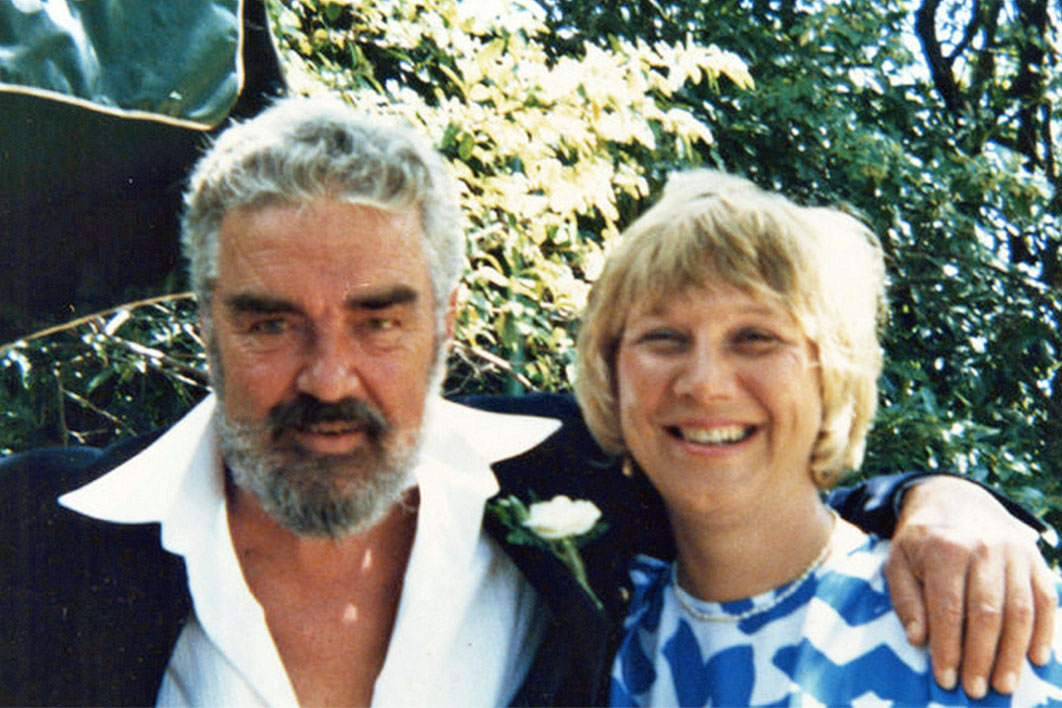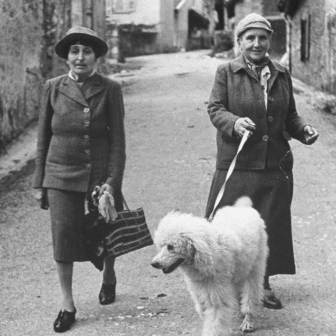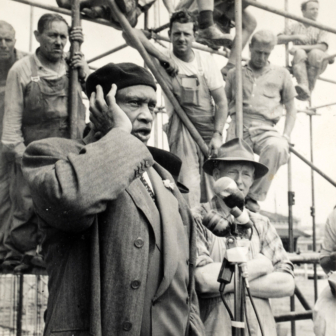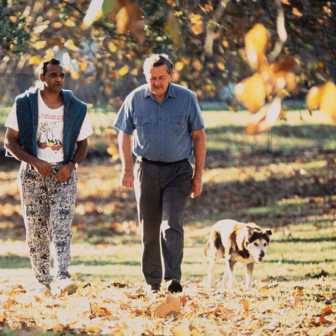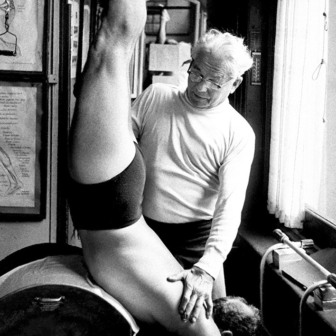Beyond Words: A Year with Kenneth Cook
By Jacqueline Kent | University of Queensland Press | $29.95 | 247 pages
It is 1985. An Australian woman goes to a dinner party, in the days when people (we are told) still had dinner parties. This one is being held in the rapidly gentrifying inner-Sydney suburb of Stanmore. Her hostess, who also works in the book industry, is an associate rather than a friend, a rather stuffy English editor lately arrived in Australia.
The guest might have passed up the invitation altogether had she not been intrigued. Her hostess is engaged to a well-known Australian writer — the oddest couple imaginable, according to the gossip — and the fiancé will be there. On such whims, great stories are born.
Predictably, the talk around the table is about money: the size of advances, the prospective returns. Book people, probably more than most people, like talking shop. Publishing is a risky business, and in Australia is rarely underwritten by independent incomes as it is in England. All this the guest knows well after several hungry years nibbling at the edge of the London book world.
Surprisingly, the writer-fiancé has little to say about this, or much at all in fact. He sits in near silence, detached from the company. He gives the impression he is doing all he can to resist the temptation to get up and leave. Even when asked about his own writing he says only that he’s working on a couple of projects. The guest cracks a joke at his expense but he seems to take no offence. On the contrary, she has piqued his interest. And so the story takes flight.
Kenneth Cook, or Ken as he was known in these circles, wrote twenty books, but his reputation still rests on Wake in Fright, his first published novel. On its strength he could give up his work as a rural journalist, reporting on everything from Country Women’s Association meetings to sheep sales, and devote himself to fiction full-time.
If he’s remembered at all today it is because of that book, a bleak, frankly horrific depiction of the rampant, unthinking savagery of the white man let loose in the outback, a book that turns the traditional Australian bush tale on its head. In 1968 it came out as a movie, directed by the Canadian director Ted Kotcheff, a film so violent it was almost too difficult to watch.
The closest parallel I can think of is John Boorman’s film Deliverance, also based on a novel, in that case by the American author James Dickey. Deliverance garnered several Oscars and found its place in the pantheon of revered American movies. Wake in Fright had appeared two years earlier, scandalising Australian audiences, and only after its recent remastering has it come to be considered a classic.
At the time of his first meeting with Jacqueline Kent, the author of this engrossing memoir, Ken Cook knew his star had faded. He was fifty-five, a member of a passing generation of writers, and his approach to his craft was resolutely old-fashioned. He prized above all the narrative art, the ability to turn out a story and turn it out well. He was contemptuous of language deployed for its own sake, the language of, say, Patrick White, whose influence on younger writers was at its peak at the time.
Cook had read none of the works of those who had emerged in the seventies and eighties — writers like Kate Grenville, Helen Garner, Frank Moorhouse and Tim Winton — nor did he feel obliged to. Indeed, one of the most interesting aspects of Kent’s memoir is her sensitive record of the waxing and waning of literary fame. Also, if obliquely, she reminds us of how difficult writers’ lives were before government-funded systems of grants and festivals and university creative writing degrees. All these have contributed mightily to the efflorescence of the Australian book culture we celebrate today.
In short, there’s a certain heroism to Ken Cook’s story. Few writers’ lives are easy; even today, contrary to the hype over huge advances, film options and overseas publication, the average author’s annual income from writing is a bit over $13,000.
Beyond Words opens with this revealing description of Cook’s last exercise book, an emblematic beginning if ever there was one:
On the shelf above my desk is a battered exercise book, the kind used by generations of Australian primary school children — one that, in defiance of calculators, has tables of cubic tonnes and hectares and other measurements marching across the back cover. On the front cover is a small panel with these words printed carefully by hand: Name: Kenneth Bernard Cook School: Fort Street Boys’ High Age: 56 and 3/4.
All his writing life Cook wrote his novels in books like this, using a fountain pen. Not so unusual, even today. What was distinctive, however, was his fluency, and what he did on the rare occasions when it failed him. He either embellished the page with cartoon portraits of Australian animals, or filled the margins with numbers. The numbers related to his money troubles, which were plenty.
Typically, Wake in Fright never made him much. After its publication he kept afloat by repeatedly selling the film rights until the book found the producer who actually went ahead with the film. But he said he was diddled grandly by another Australian writer — Morris West — who refused to write an endorsement for the cover of the American edition but then took up the film option and reaped the profits for himself.
Cook’s first novel, accepted by Hodder and Stoughton, had been pulped before it appeared, owing to libel concerns. As his family — a wife and four children — grew, he tried to support them with a host of ill-starred ventures, including a company producing children’s films and a butterfly farm on the Hawkesbury, which was wiped out by two massive floods. It was this disaster that bankrupted him, shackling him through to the end of his life and binding his family, including Kent, for years thereafter.
All the while, stoked by cigarettes and whiskey, he kept writing books, some of which were less than he was capable of, others never receiving the critical praise they deserved. Like many writers who punished themselves as if they were machines for spurting words — Balzac comes to mind — he died an early death, not long after he’d started that last exercise book. Had he lived longer, the market might have been kinder to him.
But that’s just it, Cook was a man of contradiction, proud but self-deprecating. Passionate about politics (he ran for office twice, protesting Australia’s involvement in Vietnam), only to learn he hadn’t the temperament for it. It’s not hard to see his attractiveness, or why a woman years younger, like Kent, could find herself loving and marrying him. The shock of his death in 1987 reverberated for years, compelling her to write this memoir.
All I’ve given is the nub of it, but little of the powerful strength of its weave. It’s what might be expected from an experienced editor and author in her own right — a beautifully woven tale of love and loss, with a fascinating figure at its centre. Worthy of mention too is the quality of the production. Beyond Words is also a tactile experience, a book as all books should be, a pleasure to hold in the hand. •
